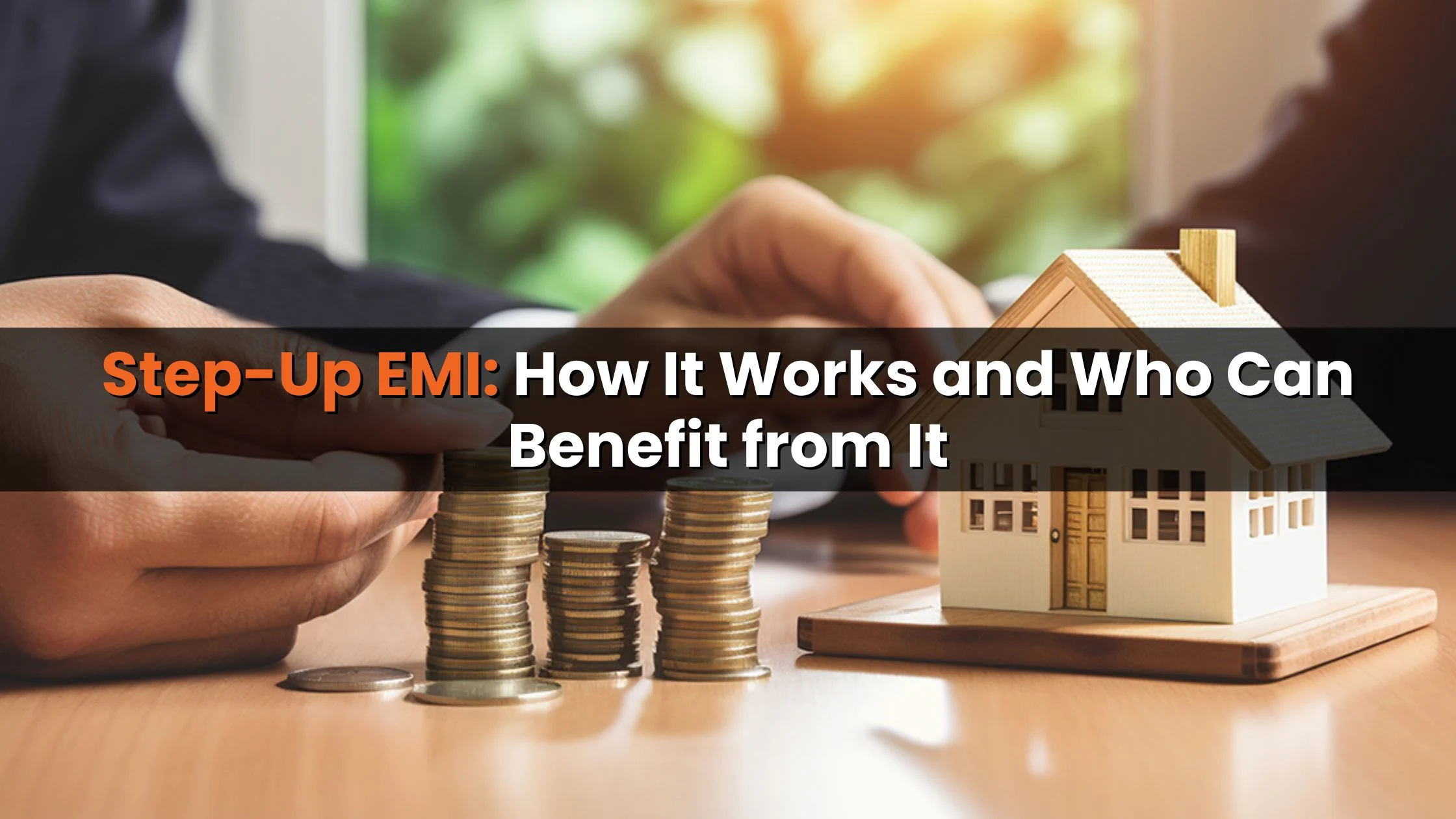Table of Content
▲
It would be just a repetition of saying that you have to be careful when buying a property at a bank auction; Either way, the same due diligence needs to be done. However, buying a property at a bank auction gives you certain benefits that you generally may not get. By following the same process, you can acquire a large property at a bank auction that you may not be able to purchase otherwise. Now, let's clear up some of the questions you may have about the properties up for auction.
You may have to deal with squatters
Let's check this first. Once the title documents are delivered by the bank, you are the only owner, including associated complications. In the event that squatters live in the house, getting rid of them will only be a headache. Unless, of course, you have visited the building and made sure it is empty, you may have to deal with unwanted guests when they arrive home. To make matters worse, the responsibility now lies entirely on your shoulders to get rid of the squatters of your newly acquired property. The previous owner of the property may have rented this property and the tenants may refuse to vacate the property.
You can buy the property after the auction has failed
The attached properties of heavily indebted entrepreneurs such as Subroto Roy Sahara and Vijay Mallya have been unable to find buyers despite the lenders' efforts in this regard. They have been running frequent auctions to get their fees back from the aforementioned merchant houses. What you may not know is the fact that the end of the auction does not mean that you can no longer purchase a property the bank was trying to sell through an auction. In the event that you are considering a property, you can personally go to the bank and express your desire to purchase the property and make it your own. However, the sale of the property will be entirely at the bank's discretion. 
You may lose your security deposit
Always remember that you need money on hand to fulfill your dreams of buying an auction property. As usual, banks require bidders to submit 10 to 15 percent of the property's reserve price as a deposit. If you win the bid, you must deposit another 15 percent of the property's reserve price with the bank within two days. The remaining amount must also be paid within a month. In the event that you are unable to arrange the funds on time, you may need to lose the security deposit. In the event that you are planning to purchase this property with bank financing, you must be ready with a pre-approved loan. Also, it is important to note here that not all banks agree to finance a foreclosed property.
The bank cannot reclaim ownership
Among the many questions that occur to the buyer is the question: Can the bank claim the property in the future? The answer is no. Recently, the Calcutta High Court ruled that a bank selling a mortgaged property has no interest in it after issuing the Certificate of Sale. In issuing its judgment in the United Bank of India case vis-à-vis West Bengal, the High Commissioner said: “After the sale, the secured party can no longer claim a security interest in the said property, as the said security interest remains disassembled. For the issuance of the certificate of sale. The ownership of the property is transferred and granted. To the buyer. The secured party may not do anything else with respect to that real estate. " 
Withholding tax also applies to auction properties
After legal action, the buyer of the property, valued at Rs 50,000 or more, is required to deduct one percent of the settlement value as tax withholding on behalf of the Income Tax Department. The buyer should pay this amount as an I-T tax. If this amount is not taken into account at the time of purchase, you may end up paying it out of your own pocket. What if there are also pending utility bills? Well, you are not required to pay that, says the Supreme Court. The Supreme Court has ruled that the buyer of the property presented at the auction will not be liable to pay the fees owed to the previous owner. Also Read: Keys for avoiding Home Loan Mistakes


_1771224636.webp)


_1752219110.webp)


